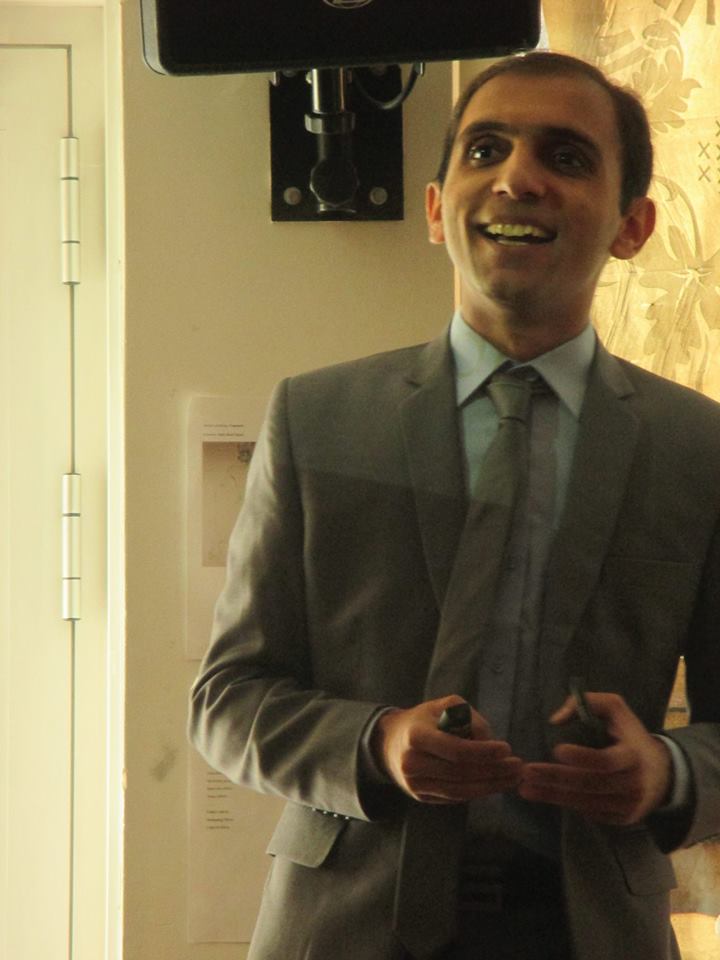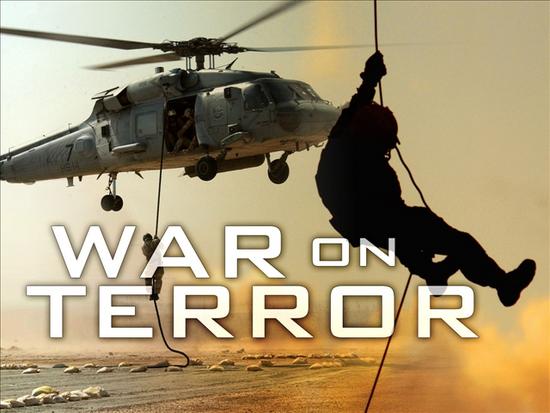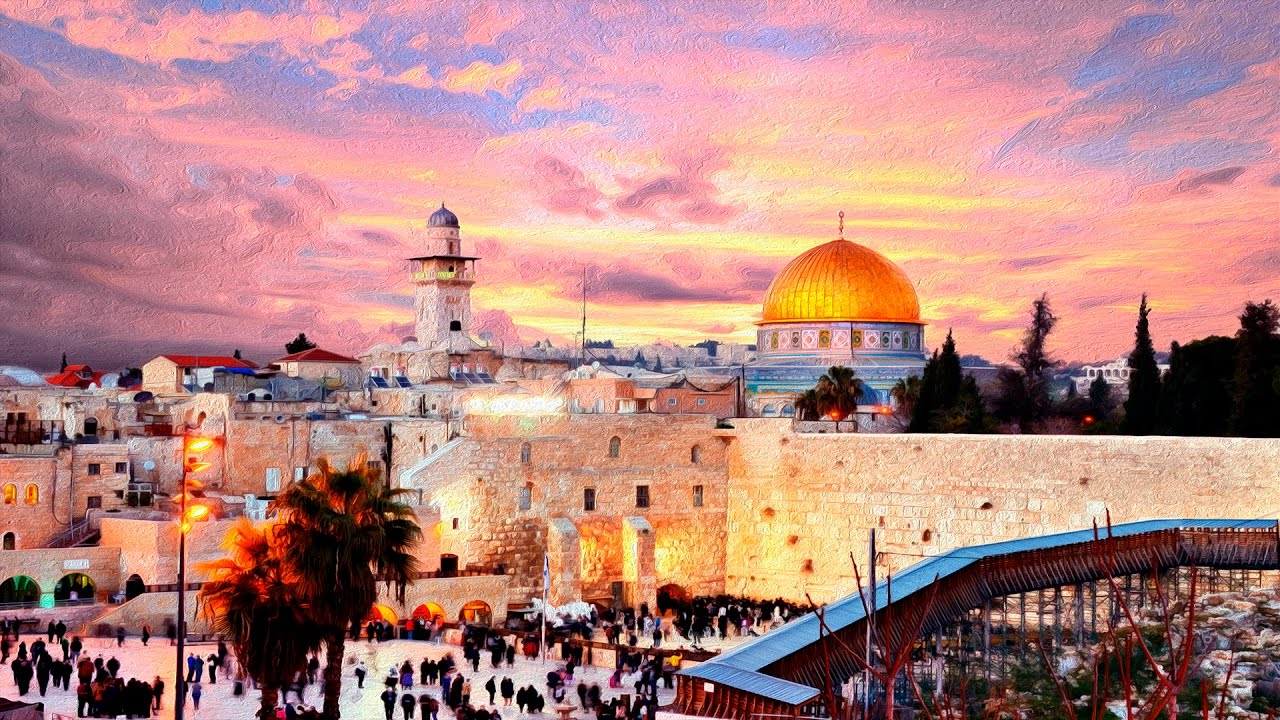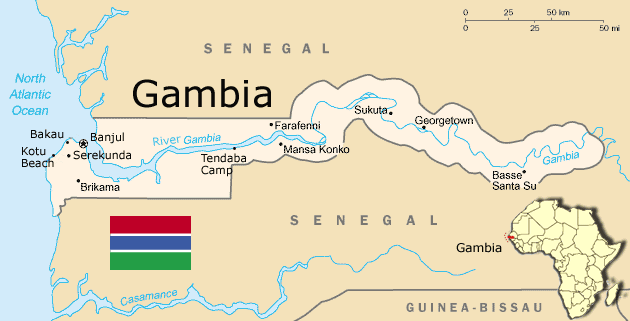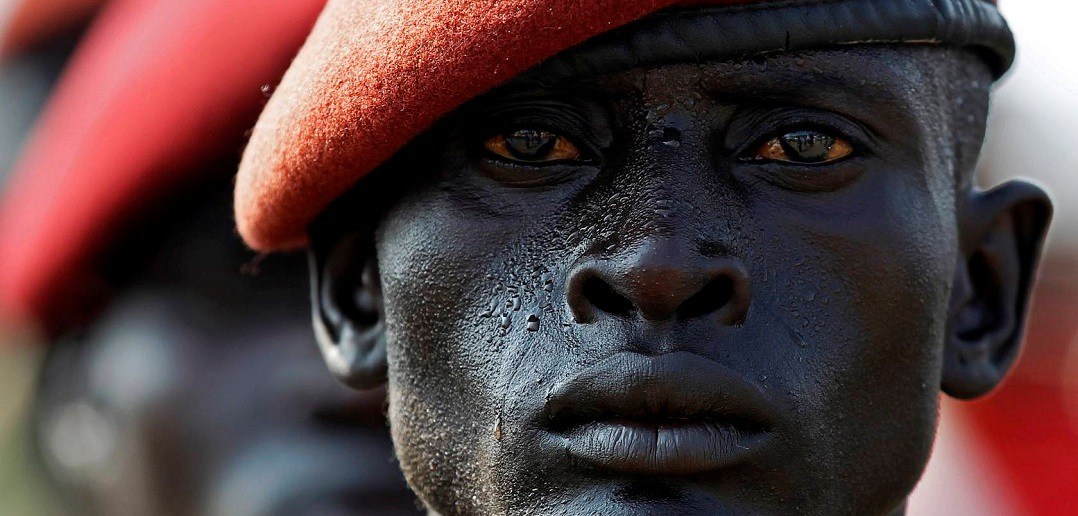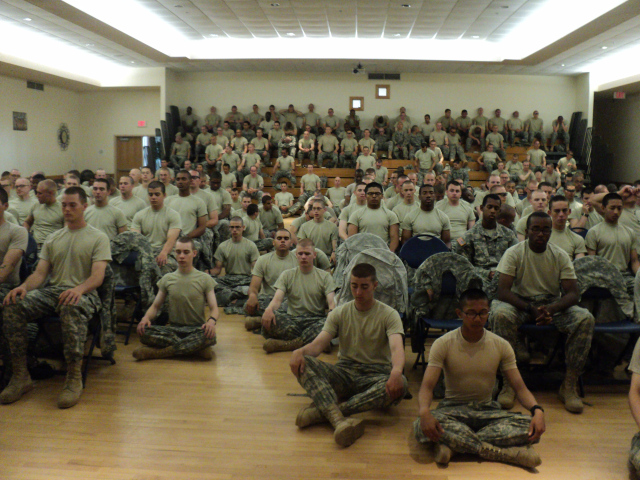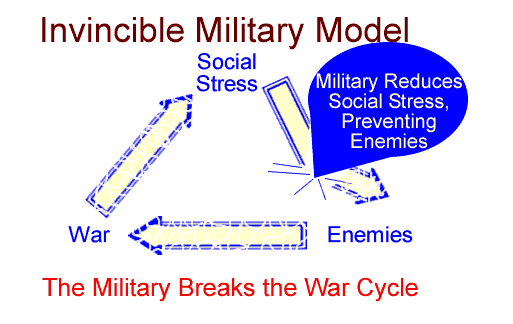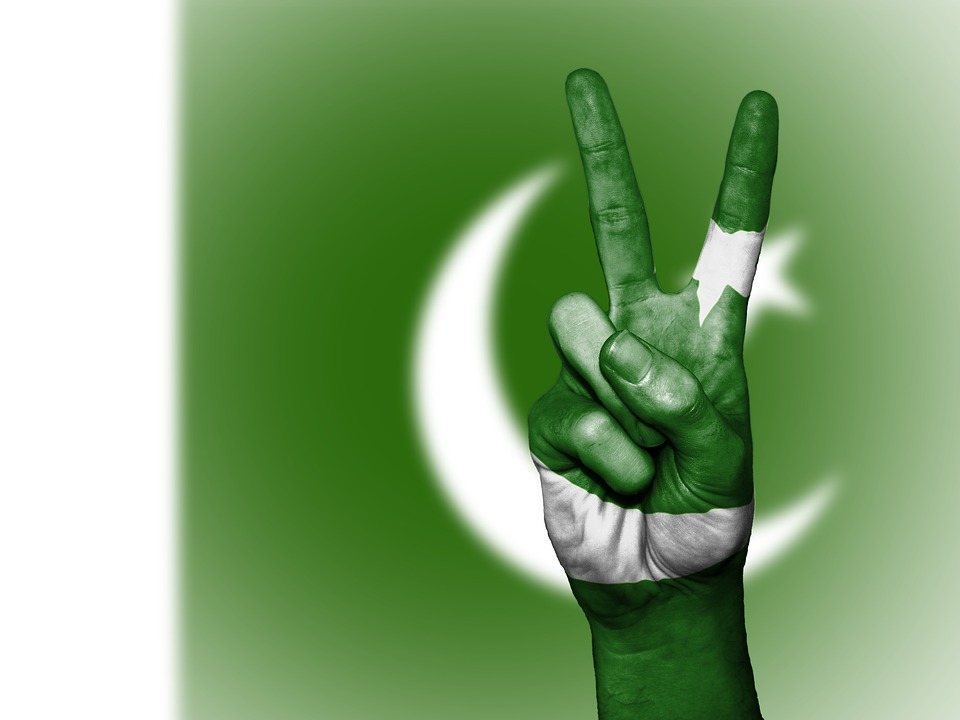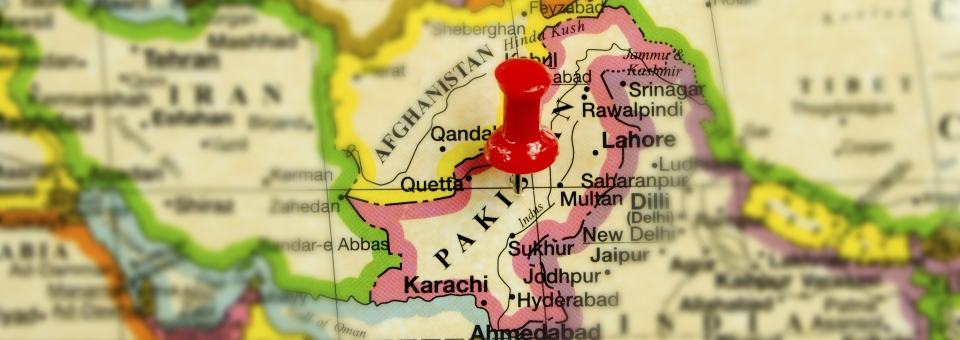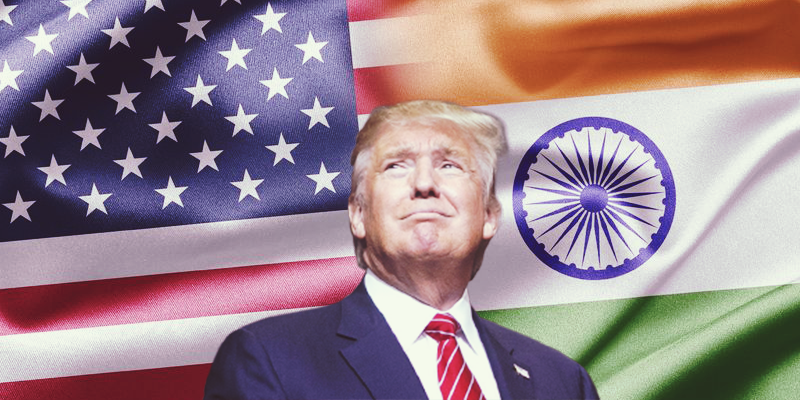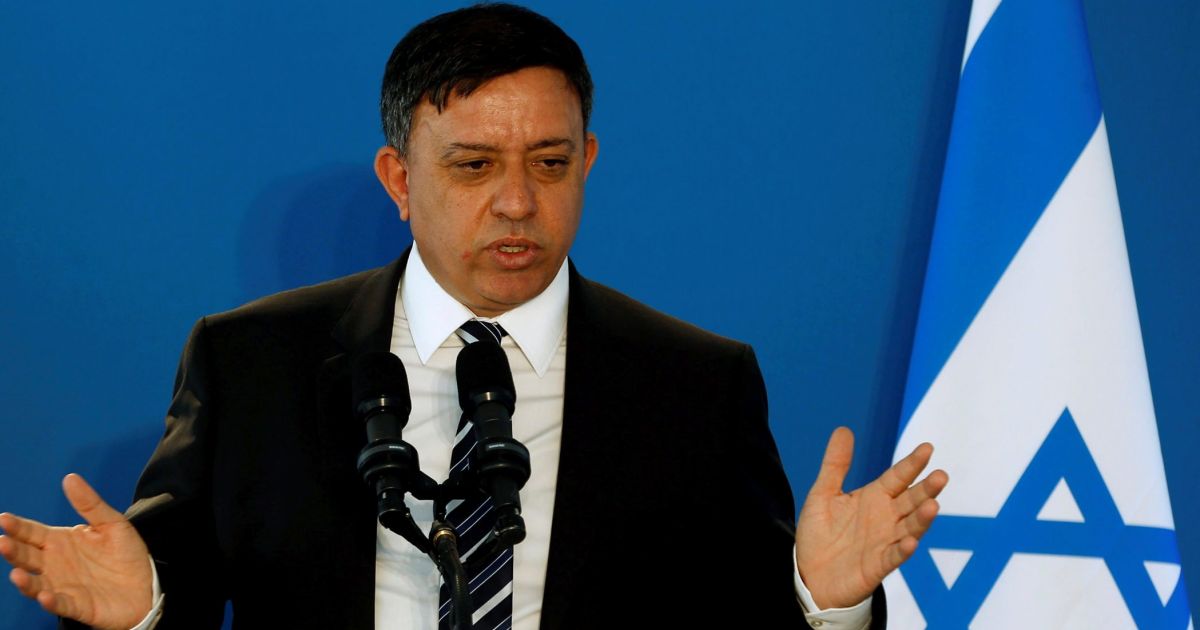Terrorism has become one of the major issues of international politics in recent decades. It is considered a threat to international security since decades especially after the tragic attack of 9/11. It has become a major part of consideration for state security for almost every country in the world especially the United States .
The war on terrorism was started with an aim to save states’ (U.S. and other countries) sovereignty. The 9/11 attacks were turning point for state policies to fight the war on terrorism.
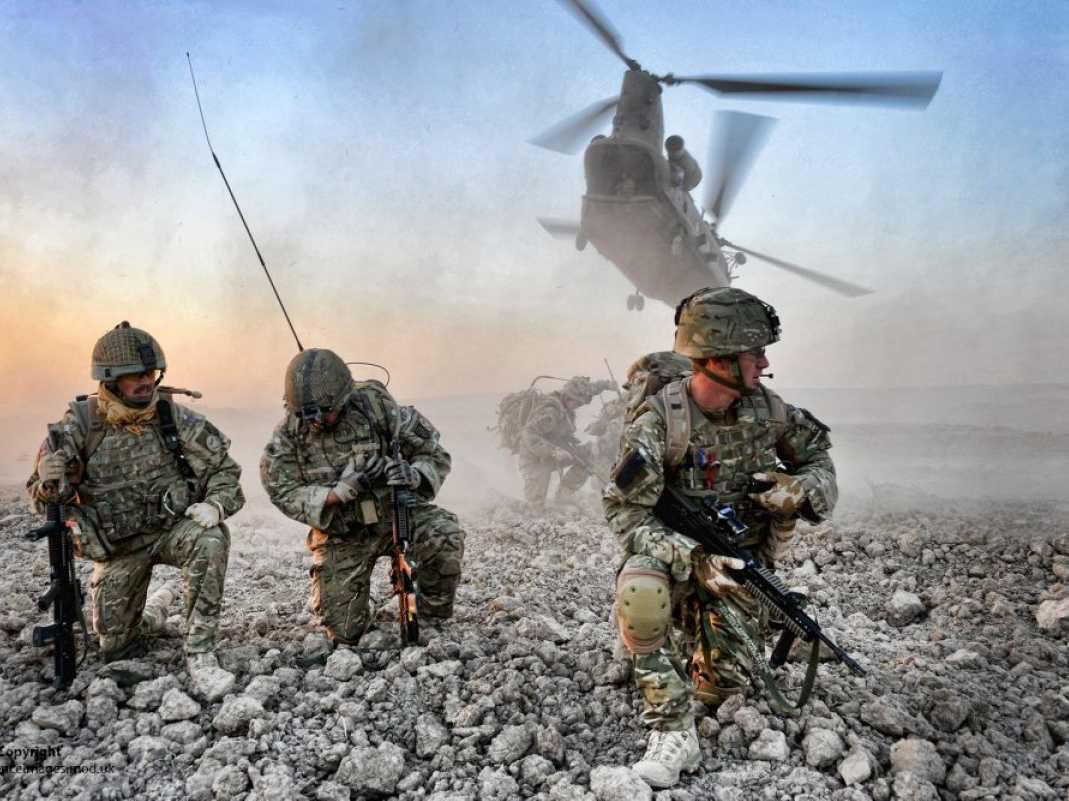
Due to many attachments with it, defining terrorism has been a problem for officers of law enforcement, policy makers and academics (Goodall, 2013). Different dictionaries give different definitions for the term ‘Terrorism’ but they all fail to define it concretely. However, most of the definitions include the word ‘violence’ while defining terrorism.
This essay aims to understand and analyze terrorism and war on terrorism and explain these two issues with basic paradigm perspectives. Furthermore, it analyzes two articles on the issue with recommendations for journalists to deal with the reporting of terrorism and war on terrorism.
Understanding and analyzing Terrorism and War on Terrorism:
The realists influenced thinking on the war on terrorism is an interventional description of U.S. and its allies. Realist ideas and actions are erroneous to fight the war on terrorism because they do not consider the salient features of terrorism.
Realist Prospective:
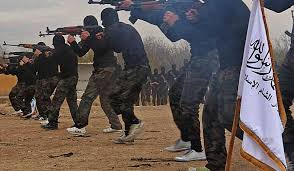
Realist perspective undertakes that in its basic essence under anarchy, the politics of the world is a position and power struggle among countries with self-centered interests (Kegley, 2007). Within this perspective, every state feels a security threat from every other state hence, in order to stop other states; military force is mostly used (Dougherty & Pfaltzqraff, 1996). This perspective, furthermore, says that state should only consider those states its allies which are in its best interest (Aljoofy, 2009).
From the perspective of a realist, in order for the states to preserve power, war becomes an essential tool. Moreover, in principle there is no limit to the power exhibition and exercise for the states. In case, if a state limits itself during a war, it would just be a method to reserve power to follow peace (Fiala, 2002). This perspective mostly draws its basics from the Machiavelli’s “The Prince” in which he asks states to sacrifice their principle of non-exerting power during the war and asks them to consider the way, which will help them, defend and save sovereignty of the state. Following this argument Fiala raises the point that self-preservation is the main objective of war, which overtakes all other concerns. Thus, terrorism can be warranted as a struggle against a power which is considered a threaten one’s liberty and sovereignty (Fiala, 2002).
The war on terrorism was started with an aim to save states’ (U.S. and other countries) sovereignty. The 9/11 attacks were turning point for state policies to fight the war on terrorism. The foremost effects of 9/11 can be observed from the change in foreign policy of the U.S. who adopted a realist perspective in foreign policy in order to fight the war on terrorism with Afghanistan invasion. Furthermore, the principle of “either you are with us or with them” denotes the realist perspective of the U.S. and its allies on war on terrorism (Aljoofy, 2009).

Contrary to this, Dr. Anna Cornelia Beyer argues in her paper, “Why idealist Realism can’t win war on terrorism” that the realist influenced thinking on the war on terrorism is an interventional description of U.S. and its allies. Realist ideas and actions are erroneous to fight the war on terrorism because they do not consider the salient features of terrorism. In addition to this, the strategies of war on terrorism have failed to identify the foundation of terrorism and main focus has been on exhibition of power to eradicate terrorism. This way of dealing with terrorism did not mitigate but augmented it (Beyer, 2006).
Liberalist Perspective:
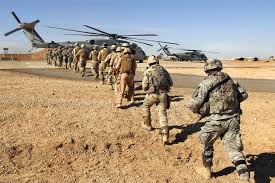
The basic principles of liberalism are: rule of law, individual freedom, equal human rights, democracy and free market economy. These principles are the foundation for liberal democracies of the world. Terrorism is actually antithesis to these principles. Thus, from a liberalist perspective terrorism is opposite of liberalism (Meinardus, n.d). Furthermore, ideologically, terrorism is a challenge as it has different roots of intolerance, violence, fear and death. On the contrary, the basics of liberalism are tolerance, progress and civilization (Dunne, 2008). Those individuals and states engaged in violence against liberal states and individuals are actually anti liberal idealists. Terrorists have attacked Liberalism for being an opposing principle (Fiala, 2002).
Current war on terrorism is considered to be the military problem requiring solutions based on military and this is the legitimate description which has been used to favor Afghanistan-Iraq invasions. Liberalists view this military based solution as anti-human rights and consider it victory for anti-freedom terrorists. Thus, what U.S. and its allies did in Afghanistan, liberalists cannot accept it the way it was done. From a liberalist perspective what is being done in Guantanamo, where suspect terrorists or prisoners are kept without proper explanation and trials, is also against basic human rights (Meinardus, n.d).
In addition to this, Lisa Anderson argues from a liberalist perspective that the invasion of Afghanistan and Iraq was not the only available policy response on war on terrorism. War on Terrorism would rather require a broad-based approach (Anderson, n.d).
Constructivist Perspective:
Constructivist believes that in order to understand any global political agency, the role of norms and ideas can never be ignored. This perspective stresses on political causation of social norms and ideologies and convinces state actors to divert their concepts from power to ideology. In order to understand terrorism, constructivist perspective is the best perspective. Terrorist organizations are mostly said to be following constructivist perspective, since they seem to have an Islamist ideology for power (Trainer, 2007).
Janani Krishnaswamy argues in his paper, “How does terrorism lend itself to constructivist understanding?” that terrorism itself is socially constructed. In the real world, terrorism is an interpretation of events and recognized causes. Furthermore, he says that the basis of terrorism is either constructed by state or individuals as the statement that a person can be a terrorist for some and for others that same person can be a freedom fighter. Terrorism exists within our subjective understandings. The perspective of constructivism reminds us of the existence of terrorism and considers it as a social fact (Krishnaswamy, 2012).
On war on terror William E. Halal states that in order to win war on terrorism, the strategies of military should be combined with constructive approach. Furthermore, he says that combining both would be beneficial for both militants (he gives them name of Islam) and those who are fighting against terrorism (he gives them/it name of U.S) (Halal, n.d).
International Political Economy (IPE) Perspective:
The understanding of global affairs put forward by the IPE perspective bases itself on the interconnectedness of states. In specifying the perspective to terrorism, at least five ways of state-to-state connections are involved in capturing the dynamics: flows of trade, extension of finance, transfer of technology, movement of people, and networking of multilayered security (Balaam & Veseth, n.d). With progressive maneuvering of its policies regarding these five ways of connection, states can put an end to being recipient, hosts, or facilitators of terrorist activities. An example of such maneuvering would be the U.S. policy formation regarding the Taliban government in Afghanistan, that abandoned trade with the country, dried up their sources of international finance, restricted the movement of Afghan citizens to the US, and descended a network of military bases around it.
The ability to scheme interconnectedness with other states, and lobby among others on the agenda, however, is subject to the polarity of world power. For of a hegemonic state, which defines the international power politics as unipolar, case in point the U.S, interconnectedness with states such as Afghanistan is easier to alter. In a bipolar or multipolar world however, with multiple power centers, relations between states are more reactionary and less flexible (Cox, 2012). This idea leaves space for constructive judgment, insofar despite their occurrence in the bipolar Cold War era, militant groups were labeled as freedom fighters as opposed to being declared terrorists.
Thus, it can be concluded that the IPE perspective develops a multilayered approach in explaining the occurrence and suggesting solutions of terrorism. The relations of states are defined by presence of a larger power structure with polar state authorities that govern the functioning of smaller units, and direct their take on terrorism within or outside their jurisdictive territories.
Reporting on Terrorism and War on Terrorism:
Terrorism has been one of most reported global issues in media during last few decades primarily after 9/11. Some terrorist attacks receive good media coverage while others do not depending on the intensity and geography of the attack.
On April 10, 2015, an article was published in Aljazeera with the name of “Americans have yet to grasp the horrific magnitude of the war on terrorism.” The writer takes liberalist perspective and argues about the U.S. invasion of Afghanistan and Iraq. She writes about casualties caused by war on terrorism and refers to a report namely ‘Body Count’ by IPPNW Germany. Referencing from the report, she writes that due to the (U.S.) war on terrorism; approximately 1.3 million have been murdered. Furthermore, she refers to the report and says that the number could surpass 2 million excluding those killed in Somalia, Yemen and other countries. In addition to this, the article talks about internally displaced 3 million people from Iraq and refugees from Afghanistan, approximately 2.5 million, who are living in Pakistan. After mentioning these figures, the writer criticizes that people of the U.S are misinformed and refers to a poll by Americans in which they had said that death toll on Iraq was just 10,000. Moving forward, she talks about how this war on terrorism has not only caused blood to the people of the U.S. but also their money while referring to taxpayers estimated money which goes to war on terrorism. She ends her article with the argument that the current U.S. war on terrorism (Logistically in Syria & Yemen) will not only cause suffering of human beings but can also affect lives of those in the U.S. As liberalism talks about the rule of law and equal human rights, so does the writer in this article and condemns this war on terrorism.
Another article was published in a journal namely, Small Wars Journal, “Realism vs. Liberalism in the Development of Counterterrorism Strategy.” The writer Randi L. Buros criticizes the realist approach of Ex-President of the U.S. G.W. Bush to fight the war on terrorism. He argues that this approach could not help us from relying on our allies to combat the war. Furthermore, he talks about current U.S. President Obama’s liberal approach and basis his study on it. He analyzes Obama’s National Security Strategy (2010) and National Strategy for Counterterrorism (2011) and talks about how liberals view terrorism and war on terrorism. He quotes Obama and says that for liberals, not only military force but law enforcement and intelligence are also crucial to fight war on terrorism. He argues that realist approach by the former U.S. President was based on the assumption that the U.S. would compel the rest of the world to comply with their strategy and that is what had happened for some time but it did not last longer. He concludes by arguing that security and economic interdependency of the world need to fix the basic problems that cause violence. Military force is not at all a dead option but it should accompany intelligence to solve the problem (Buros, 2011).
Most reports on terrorism and war on terrorism are after the attack of 9/11. Some of them are based on realist perspective while others are based on liberalist perspective. Some reports are also based on Constructivism approach adopted by militants like Al-Qaida etc. Almost all the reports are somewhat linked with the IPE perspective but they take either a liberalist or realist perspective.
Recommendations for journalists while reporting terrorism and war on terrorism:
Contemporary terrorism is known as media terrorism as it attracts the media not because of the duty of journalists to report what is happening but these barbaric acts also fascinate the public. Thus, this gives terrorists a chance of exploitation of media and they do whatever gives them the most media hype around the globe. The significance of expression of freedom should not be affected by terrorism. For a democratic society, media information is one of the most significant bases. From a liberalist perspective, the public’s right to be informed about the matters concerning general public is carried by the expression of freedom. Therefore, the states should not control the expression of freedom of press in the war on terrorism. On contrary, from a realist perspective, journalists should not play in the hands of terrorism and they should avoid broadcasting pictures and secret information of the state (Jarab, 2005). Hence, journalists should take liberalist perspective while reporting terrorism and war on terrorism as it is the basic right of the general public to know what is happening around the globe.
On September 09, 2011 CNN published an article by Joel Simon, “How war on terror unleashed war on journalists.” The writer had taken the liberalist perspective and argued about how war on terrorism affected journalism and how media was censored in the world after 9/11. He talked against the realist perspective adopted by most governments across the globe and said that the journalists were being charged with anti-state charges and were being labelled as terrorists. He mentioned the names of the countries and how journalists are being stopped from reporting the terrorism and war on terrorism in those respective countries.
It is hard to report terrorism and war on terrorism as on one hand; there are restrictions by the state (realist perspective) and on the other hand, there are terrorists who in order to gain media hype would try to exploit the journalists. However, adopting liberalist perspective would be in favor of journalists as it would give them the right to freedom of expression and will enable them to disseminate the information to the general public who has the right to know.
Conclusion:
From a realist perspective, terrorism is justified to be a fight against those who are threat to ones liberty and sovereignty. Adopting this perspective in war on terrorism proved to be unsatisfactory, as the results have not been achieved over the last fourteen years. Liberals see terrorism as their antithesis as it is based on intolerance and violence. But they do not seem to be happy with the war on terrorism which was based on realism. They believe military force combined with intelligence can win the war on terrorism. Constructivism is what adopted by militant groups like Al-Qaida because these militant groups are based on an ideology of imposing their own manipulated Islamic Shariah. From IPE perspective, in order to capture the dynamics of terrorism, five state-to-state connections are involved; flows of trade, extension of finance, transfer of technology, movement of people, and networking of multilayered security (Balaam & Veseth, n.d). IPE perspective suggests multilayered approach towards war on terrorism.
Currently the primarily discussed issue on media regarding terrorism is focused on War on terrorism. Most of the articles and news stories covered are based either on realist or liberalist perspective. Some of them also touch other two paradigms but lack the focus as realism and liberalism.
While reporting terrorism and war on terrorism, journalists should adopt liberalist perspective as to know what is happening in the globe is the basic right of common citizens.
Muhammad Murad
